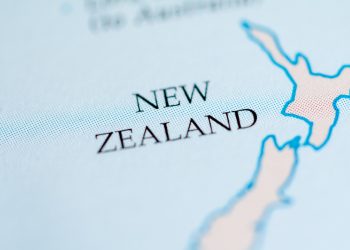The maritime industry in New Zealand is committed to working to empower women in the industry. For this reason, Maritime NZ Board commemorated this year’s World Maritime Day “Empowering women in the maritime community.”
An event that Maritime NZ hosted, included a panel of high profile women in the NZ maritime industry who led a discussion on why empowering women in maritime matters. They also discussed how industry and Maritime NZ can cooperate to attract more women into maritime careers.
The target of the panel was to launch a programme of work within the industry to attract more women to careers in maritime.
Maritime NZ Chair Jo Brosnahan, stated:
was impressed and inspired by the strong and clear leadership, and by the openness and authenticity demonstrated by the women who joined us to talk about their thoughts on empowering women in the maritime community. It is clear that this work is important, necessary, and needs the commitment of everyone in the maritime community – not just the women
[smlsubform prepend=”GET THE SAFETY4SEA IN YOUR INBOX!” showname=false emailtxt=”” emailholder=”Enter your email address” showsubmit=true submittxt=”Submit” jsthanks=false thankyou=”Thank you for subscribing to our mailing list”]
The event also discussed ways to identify and address the barriers to women entering the maritime sector, focusing on obstacles that can be practical, cultural, and related to making maritime careers visible for young women.
Maritime NZ will be now be working with the maritime sector to put the ideas that came up at the World Maritime Day event into action.
On this occasion, Louise Deehan-Owen, a senior lecturer and Academic Lead at the NZ Maritime School, highlighted that:
We are seeing more women come through the Maritime School. The next generation expect equal treatment for all. We need to ensure that the students entering the Maritime sector have the tools to deal with confronting situations and understand their role in supporting each other
In the same wavelength, Sara Lunam from Port of Tauranga, pinpointed that having women on site ‘is proven to lift productivity overall and improve work group dynamics.’































































